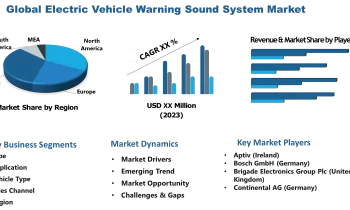
This week’s economic data releases from the Euro Zone have highlighted the impact that the global supply problems are having.
In the Euro Zone, continuing disruptions caused by the COVID pandemic, coupled with a shortage of heavy goods vehicle drivers, has resulted inproduct shortages and left factories unable to obtain the raw materials needed.
Euro zone manufacturing activity did stay strong in October. However, it was curtailed by supply chain bottlenecks and logistical problems which resulted in sprialling input costs.
IHS Markit’s final manufacturing Purchasing Managers’ Index (PMI) fell to an eight-month low of 58.3 in October from September’s 58.6. Last month’s figure was also below analyst expectations for a reading of 58.5.
An index measuring output, fell to 53.3in October, down from September’s 55.6, its lowest reading since June 2020.
Bert Colijn at ING said of the PMI figures:
“Overall, the demand side continues to be very strong so that’s a positive sign,”
“But input shortages and transportation problems are continuing to hurt the manufacturing sector and those issues appear to be here to stay for the foreseeable future.”
Germany Experiences Supply Bottlenecks
It was a similar story in the individual European states. In Germany, the world’s fourth largest economy, IHS Markit’s Final Purchasing Managers’ Index (PMI) for manufacturing, came in at 57.8 in October. Last month’s figure was lower than the 58.4 recorded in September and lower than analsysts’ expectations for a reading of 58.2.
Phil Smith, Economics Associate Director at IHS Markit, said:
“According to surveyed businesses, the well-documented slowdown in autos production is dragging down other parts of the manufacturing economy with it, as firms in that sector scale back orders for components and materials,”
“Worryingly, the supply problems took a turn for the worse in October, with lead times on purchases lengthening to the greatest extent for three months,” he said, adding that cost inflation has crept up towards record highs seen in the summer.
“Manufacturers lost further confidence that these issues will be resolved sooner rather than later, with business expectations now at their lowest since August 2020,”



